— Policy Set to Push Pump Prices Higher as Experts Warn of Inflation, Economic Strain

Nigerians may soon pay nearly ₦1 trillion more annually for petrol imports following the Federal Government’s planned introduction of a 15% import tariff on Premium Motor Spirit (PMS), according to a market analysis conducted by Frontline Reporters.
Data obtained from the Nigerian Midstream and Downstream Petroleum Regulatory Authority (NMDPRA) revealed that between January and September 2025, Nigeria imported an average of 26.75 million litres of petrol daily. Based on a projected tariff of ₦99.72 per litre, the levy translates to roughly ₦2.67 billion daily — or ₦973.64 billion annually — an amount expected to be ultimately borne by consumers through higher pump prices.
While the move promises to boost government revenue, it could also tighten the financial squeeze on households, transporters, and small businesses already struggling under the weight of inflation and fuel deregulation.
Tinubu Approves 15% Tariff on Petrol, Diesel
President Bola Tinubu approved the introduction of the 15% duty on petrol and diesel imports following a proposal by Federal Inland Revenue Service (FIRS) Executive Chairman, Zacch Adedeji. The approval, conveyed through a letter signed by the President’s Private Secretary, Damilotun Aderemi, seeks to align import prices with domestic production costs.
In his memo to the President, Adedeji explained that the policy is part of broader fiscal and energy reforms aimed at stabilising the naira, strengthening local refining, and boosting government revenue in line with the Renewed Hope Agenda.
“At current cost, insurance, and freight levels, this represents an increment of about ₦99.72 per litre,” Adedeji noted. “The goal is to align import pricing with local cost recovery without choking supply or triggering unsustainable consumer prices.”
He insisted that the tariff is not revenue-driven but a corrective measure designed to prevent duty-free imports from undercutting emerging local refineries.
The new tariff regime is scheduled to take effect after a 30-day transition period, expected to end on November 21, 2025.
Mixed Reactions from Industry Players
The approval has sparked sharp debate across the oil and gas industry, with marketers, analysts, and stakeholders divided over its potential impact.
The Independent Petroleum Marketers Association of Nigeria (IPMAN) expressed concern that the tariff contradicts the principles of deregulation.
“We have no issue with the President’s directive, but the design of this policy undermines a truly free market,” said Chinedu Ukadike, IPMAN’s National Publicity Secretary, in an interview with Frontline Reporters.
He urged the Federal Government to encourage local refineries with incentives instead of import tariffs, warning that the policy could discourage competition and fuel inflation during the festive season.
“The government should support local refineries with tax reliefs and crude supply rather than penalising importers,” Ukadike said. “Any additional cost will translate to higher prices and worsen inflation.”
Experts Warn of Inflationary Pressu
Energy analyst Jeremiah Olatide, CEO of PetroleumPrice.ng, described the 15% tariff as a double-edged sword.
“Yes, it will raise revenue, but the timing is terrible,” he said. “Nigerians are still reeling from subsidy removal, paying ₦800–₦900 per litre for petrol. Adding tariffs now will hit consumers hard and push inflation higher.”
He further cautioned that when combined with a proposed 5% surcharge, the new tariff could destabilise the fuel market.
“There are better ways to support local refineries — like naira-for-crude policies — instead of adding more pressure on citizens,” he added.
Stakeholders Call for Refinery Revival
The Petroleum Products Retail Outlets Owners Association of Nigeria (PETROAN) urged the Federal Government to accelerate the revival of domestic refineries before December to avoid possible fuel scarcity during the Yuletide.
PETROAN President Billy Gillis-Harry called the 15% tariff a “bold but risky step,” warning that poor implementation could cripple importation and cause job losses.
“NNPC must ensure local refineries resume production immediately to avert scarcity and further price hikes,” he advised.
Private Sector Voices Support
Despite widespread criticism, the Centre for the Promotion of Private Enterprise (CPPE) backed the policy, describing it as a strategic protectionist measure to safeguard Nigeria’s emerging refining industry.
According to CPPE Director and CEO Dr. Muda Yusuf, “Strategic protectionism is not about closing borders — it’s about building domestic capacity to compete globally.”
He argued that similar protectionist policies helped industries such as cement and beverages thrive, and called for complementary measures like low-interest loans, energy access, and regulatory reforms to make the tariff effective.
The Bottom Line
As the countdown to the tariff implementation continues, Nigerians brace for another potential spike in petrol prices. While the government touts the policy as a path to energy independence and fiscal sustainability, experts warn that without swift action to ramp up local refining, the cost will once again fall squarely on consumers already stretched to their limits
ADVERTISEMENTS






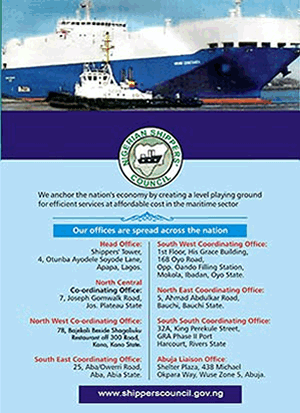


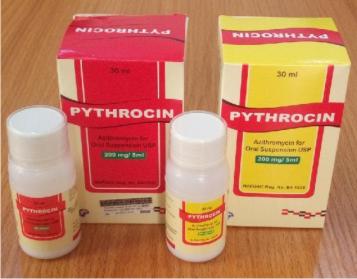
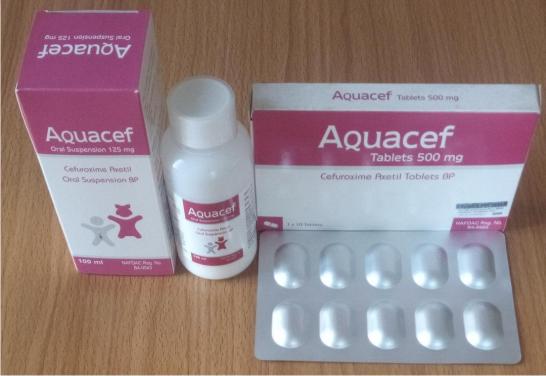
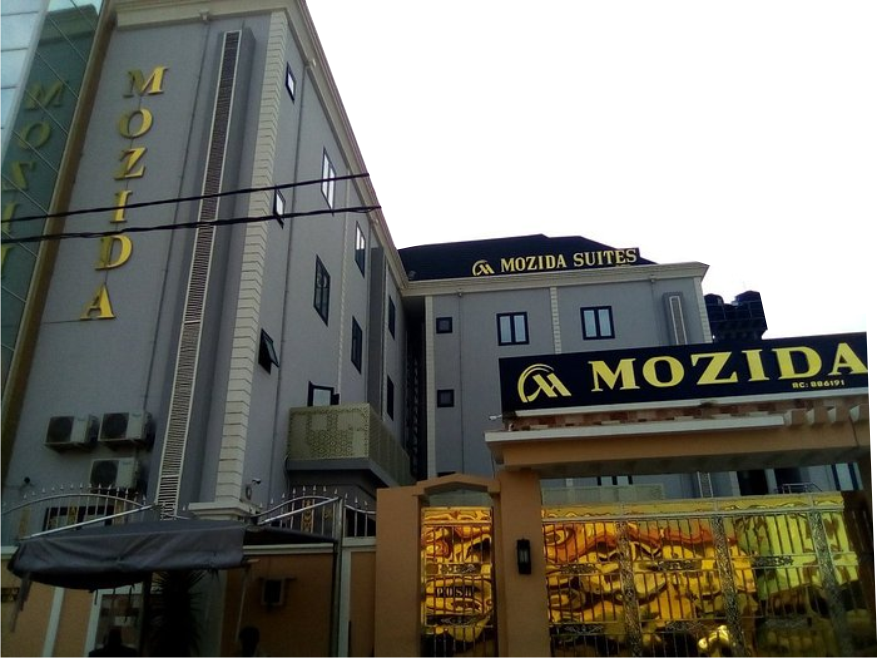

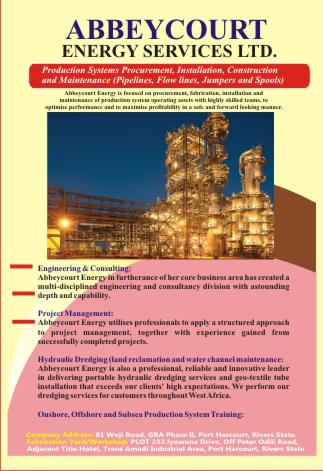
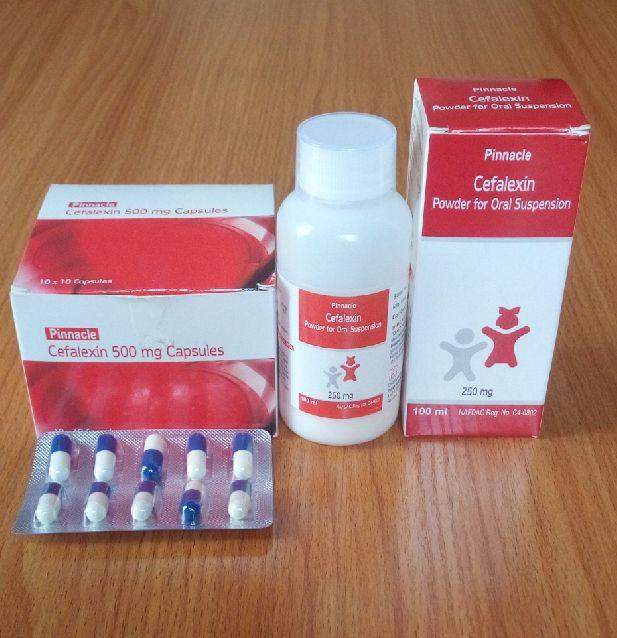

2025-11-04
